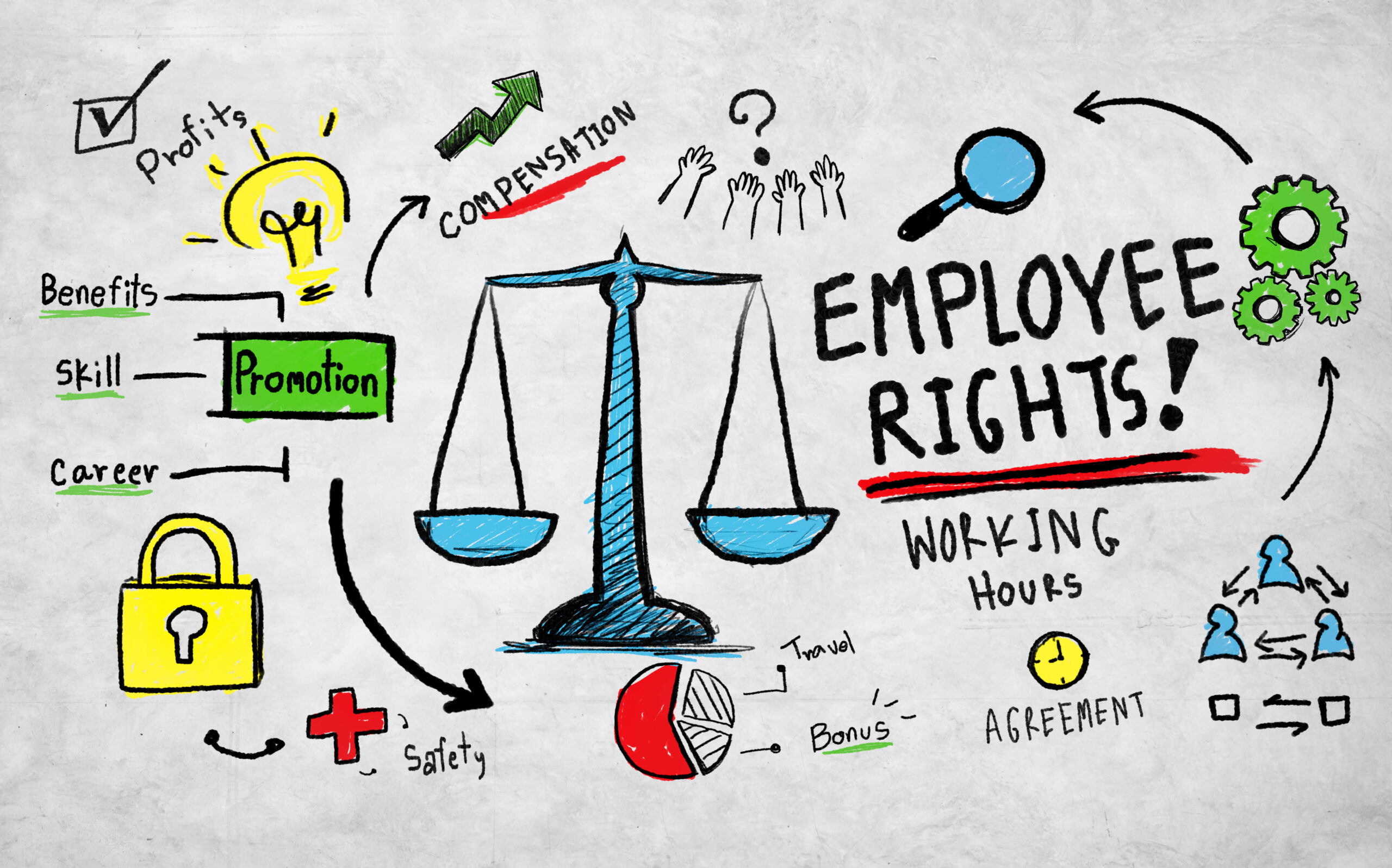7 Myths About California Employment Law Debunked
Understanding the nuances of California employment law is imperative. Employers and employees deserve to have clarity to avoid unnecessary conflicts and litigation.
Regardless of your role, misconceptions can lead to costly misunderstandings. It is necessary to address myths head-on and unravel the truth. Begin that journey with us today and find the legal help you need!
Myth #1: “Employers can fire employees for any reason”
The notion that employers have unchecked power to sack employees is pervasive. At-will employment grants the flexibility to end employment without cause. However, California law has exceptions that curtail arbitrary, discriminatory, or retaliatory practices.
Employers cannot openly violate anti-discrimination laws, labor regulations, and contractual obligations. A termination based on protected characteristics like race, gender, or disability is not lawful. Similarly, retaliatory terminations for exercising legal rights, like reporting workplace violations, are illegal.
Myth #2: “Overtime pay isn’t required for salaried employees”
This misconception casts a shadow over the rights and entitlements of many employees. Certain salaried employees may have exemptions from overtime. For example, there are exceptions for executive or administrative roles. However, this blanket assumption overlooks nuanced regulations. California law has strict requirements for fair pay for additional hours of labor.
It is critical to understand the distinction between exempt and nonexempt employees. As a result, it takes a keen understanding of federal and state law to ensure compliance and avoid disputes. Then, you can advocate for your rights and seek legal remedies.
Myth #3: “Independent contractors do not have employment rights”
Independent contractors operate under a different framework than traditional employees. But that does not mean they give up their rights entirely. California law recognizes particular rights and protections for 1099 workers. These regulations exist to keep them from being vulnerable to exploitation or mistreatment.
Understanding the distinctions between contractors and employees starts with examining state legislation. Employees have many protections, such as minimum wage laws, overtime pay, and workers’ compensation. Contract employees have more independence, but that does not exclude them from exercising certain rights.
Myth #4: “Employers can prohibit employees from discussing wages”
Employers do not have the power to silence discussions about wages among employees. Contrary to this misconception, state law defends employees’ rights to discuss their compensation. They should not fear backlash or censorship from employers.
California’s labor laws aim to break down barriers to sharing information and foster collaboration. Preventing employers from stifling wage discussions acts as a crucial safeguard against discriminatory pay practices. It helps ensure that all employees receive equal pay based on their skills, experience, and contributions.
Similarly, employees must know their rights and assert them. Dismissing this myth that employers can curb wage discussions reinforces fairness.
Myth #5: “Employers don’t need written agreements with employees”
Written employment contracts are indispensable tools for outlining rights, responsibilities, and expectations. These agreements provide clarity and serve as safeguards against misunderstandings or legal issues.
Dispelling this myth hinges on recognizing the importance of clear communication. Written agreements delineate job duties, compensation, benefits, and termination procedures. Clarity on these topics limits confusion and establishes trust.
Employers and employees benefit from the clarity and protections. Ultimately, these agreements foster legally compliant workplaces.
Myth #6: “Employers have unlimited access to employee’s personal social media accounts”
California law has potent safeguards to protect employees’ privacy rights online. Employers may have legitimate interests in monitoring online conduct. Regardless, there are limits to prevent unjust intrusions.
Dispelling this myth underscores a commitment to upholding individuals’ privacy and autonomy. State regulations forbid employers from demanding access to personal social media accounts. The same applies to coercing employees to disclose login credentials. There should not be any adverse actions based on refusal to grant access.
Myth #7: “Employees can’t sue for workplace harassment if they didn’t report it immediately”
California recognizes the various barriers victims may face in reporting harassment. The state also recognizes that delayed reporting doesn’t undermine their right to legal action. Instead, the law acknowledges the complexities of workplace harassment and offers ways to seek justice.
Dispelling this myth requires recognizing these diverse and often traumatic experiences. Employees may hesitate to come forward because they fear retaliation. Therefore, the law doesn’t impose arbitrary deadlines. It focuses on providing support and resources to address misconduct.
Consult a California Employment Law Attorney
Unveiling the truth behind these myths about California employment law reveals the power of knowledge. By dispelling these misconceptions, we empower both employers and employees to understand and uphold their rights.
However, our journey doesn’t conclude here. Full compliance and protection can require guidance from a California employment attorney. Our representatives are available 24/7 to help you find legal help.
Complete this online form or call (866) 345-6784 today!

